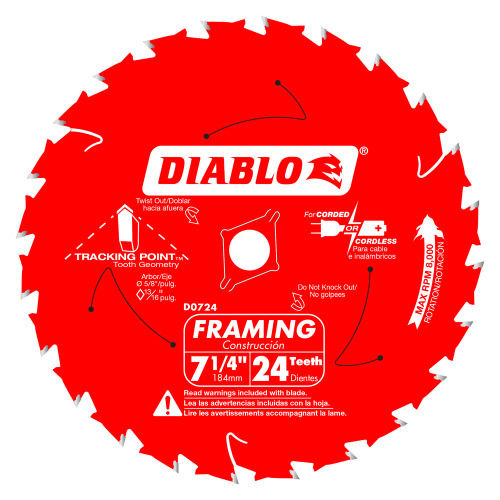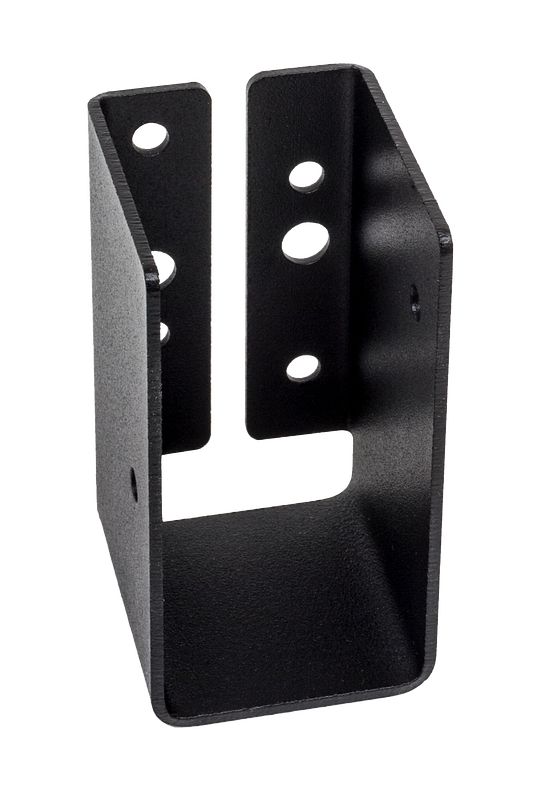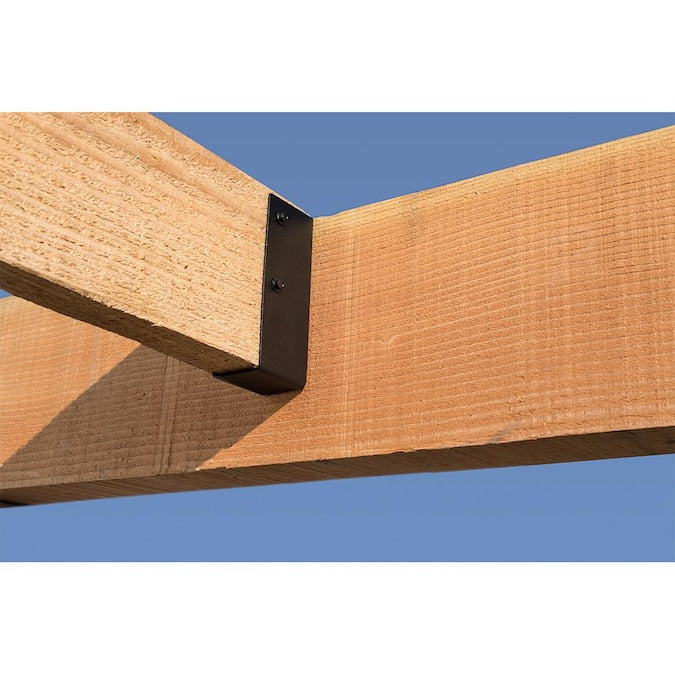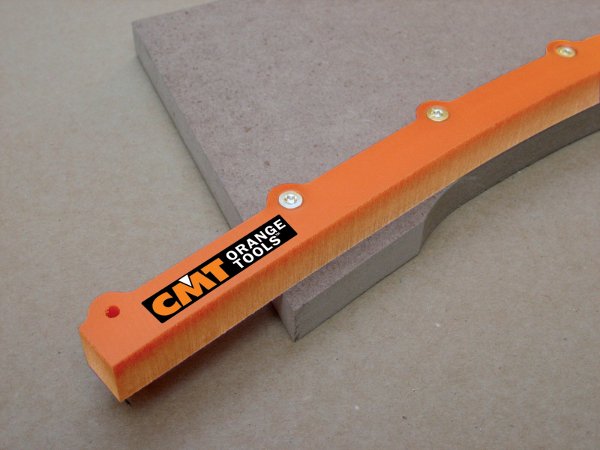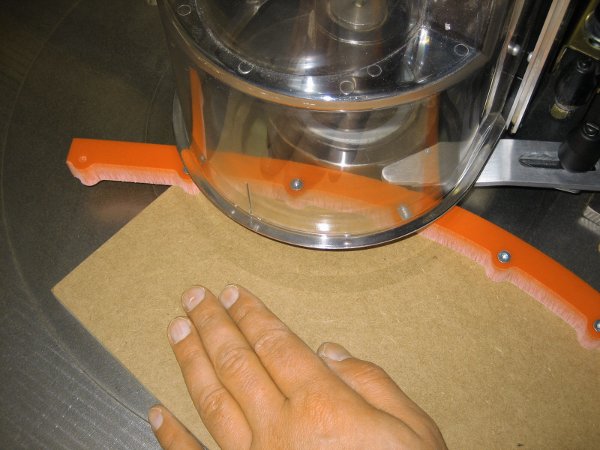Bolts are simple yet essential. They hold things together, from the toys our children play with to the skyscrapers we work in. When bolts fail, it can lead to small troubles like a toy falling apart or more severe problems like a machine breaking down. But why do bolts fail? And how can we stop them from breaking? Here are common reasons behind bolt failure and how we can stop it from happening.
Overloading the Bolt
It can break when we put too much weight or force on a bolt. Imagine using a small toy bolt to hold up a heavy shelf. It's just too much for the bolt to handle. In the same way, when we use bolts in machines or buildings, we need to make sure they are strong enough for the job. By choosing the right size and strength of bolt for each task, we can avoid putting too much stress on them.
Incorrect Installation
Even the strongest bolt can fail if it's not put in right. If a bolt is put in at an angle, or if it's not tightened enough, it can come loose. On the other hand, if it's tightened too much, it can break. It's like trying to fit a square block into a round hole. It just won't work. So, it's essential to make sure bolts are installed correctly. Using the right tools and following guidelines can help ensure the bolt is put in just right.
Corrosion and Rust
Water and air can sometimes cause bolts to rust. When a bolt rusts, it becomes weak and can break easily. Think of it like an old, rusty bike. It's less strong and smoother than a new one. That's why it's important to protect bolts from water and moisture. By keeping them dry and using materials that resist rust, we can help them last longer.
Wear and Tear Over Time
Everything gets old, even bolts. Over time, bolts can wear out, mainly if they are used a lot. It's like how a favorite toy might break after being played with many times. Bolts in machines or places with much movement can get worn out faster. Checking bolts regularly and replacing old ones can help avoid problems.
Using the Wrong Material
Bolts come in different materials, like steel, brass, or plastic. Just like you wouldn't use a paper umbrella in a rainstorm, you shouldn't use a plastic bolt in a heavy machine. Different jobs need different types of bolts. Using the suitable material for each task ensures the bolt is strong enough and will last as long as it should.
Mismatch with Supporting Materials
Sometimes, even if we use high-quality connectors like Simpson Strong-Tie connectors, failure can occur if there's a mismatch between the connector and the supporting material. For instance, certain types of wood or metal may react differently with specific connectors. This can lead to reduced grip, instability, or even corrosion. It's essential to ensure that the connector and the material it's used with are compatible. This can mean checking the manufacturer's recommendations or seeking advice from experts in the field. Doing so ensures that the connection remains robust and durable for a long time.


